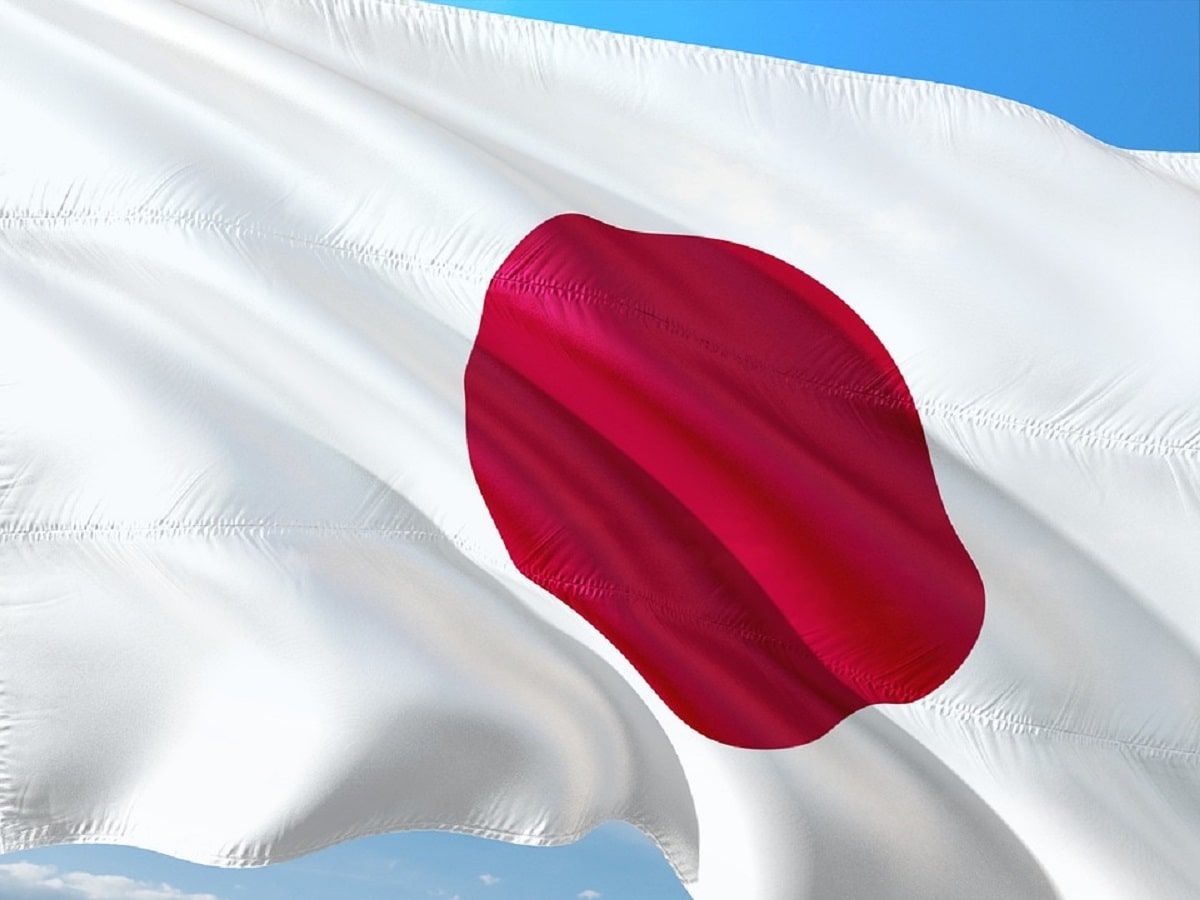
Court Case Challenges Japan’s Strict Cannabis Laws

Court Case Challenges Japan’s Strict Cannabis Laws
When it comes to cannabis policy reform efforts, there is no ‘one-size-fits-all’ approach. The most straightforward way to achieve cannabis reform is when lawmakers draft, approve, and implement a measure. However, that is not always possible, as many lawmakers around the globe continue to cling to failed cannabis prohibition.
One of the most popular ways to get around anti-cannabis politicians is through citizen initiatives or referendums in which ordinary citizens collect enough signatures to force a vote on cannabis policy reform. Collecting signatures to force a vote has proven very successful in the United States at the state level.
Another route that has yielded results comes in the form of legal challenges. When someone is subjected to prohibition enforcement they are usually afforded the right to challenge such policies in court, and while court decisions are not as good as the passage of bills by lawmakers, they provide some level of protection to consumers and patients.
Landmark cannabis court rulings were previously issued in several countries, including Spain, Italy, South Africa, and Mexico. A recent example can be found in Brazil, where the nation’s Supreme Court determined that personal cannabis possession should not be a crime.
Japan is home to one of the strictest set of cannabis policies on earth. Late last year, Japan lifted its nationwide ban on the importation of cannabis-derived medications, although the medications can only be used in very limited circumstances.
Coupled with the lifting of importing cannabis-derived medications, Japan also approved new penalties for consuming cannabis. Under the new guidelines, people caught having consumed cannabis can face up to seven years in prison in Japan.
Ryujiro Oyabu, a 52-year-old Japanese pottery artist, was pulled over by police in Japan on August 8th, 2021, and found to be in possession of three grams of cannabis. Oyabu is reportedly fighting the possession conviction with the assistance of constitutional lawyer Hidehiro Marui who argues that cannabis prohibition is unconstitutional.
If the challenge succeeds, it could have a major impact on Japan’s cannabis policies.
“His team plans to argue that since marijuana is now recognised as a medicine, the government must elaborate further and present scientific evidence of its dangers, by which they hope to undermine the principles behind criminalisation.” stated iNews in its original coverage.
Only time will tell if Japan’s top court is willing to consider the case, and if so, whether or not the challenge succeeds. Fortunately, there are many examples now from around the globe of such legal challenges succeeding.
Share article


Share article
Join Our Awesome Community
Join Our Awesome Community
Join Our Awesome
Community
Get all the latest industry news
delivered to your inbox







